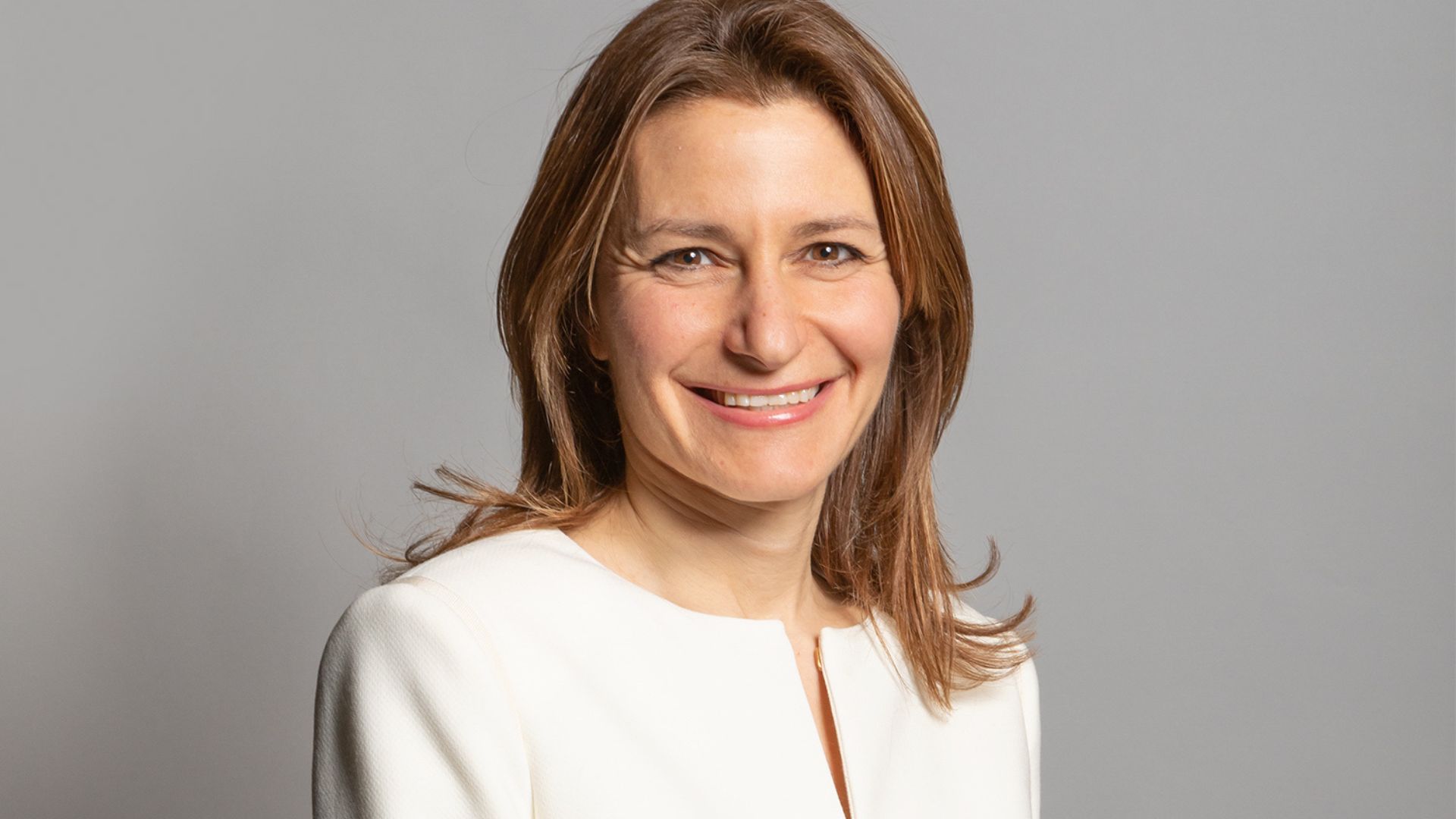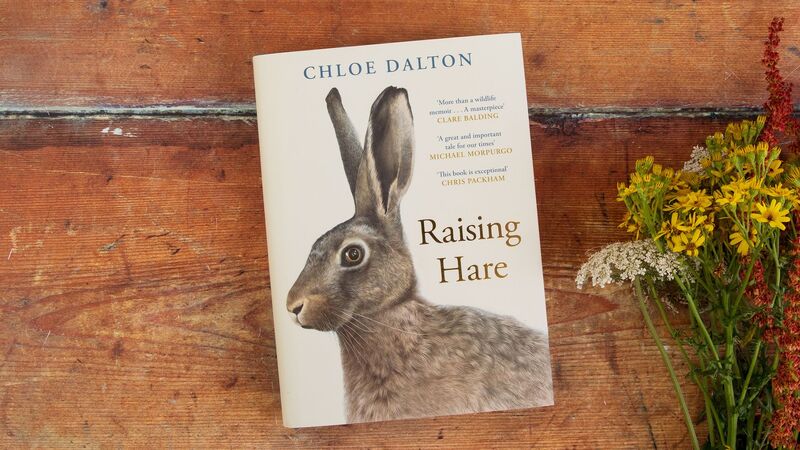You are viewing your 1 free article this month. Login to read more articles.
Frazer praised for plans to boost creative industries in House of Lords accountability session
The secretary of state for culture Lucy Frazer was praised for her Creative Industries Sector Vision and questioned on the work of the Department for Culture Media and Sport (DCMS) by the the House of Lords communications and digital committee on Wednesday 13th September.
During the session, Frazer was quizzed on the UK’s creative industries, the future of the BBC, the Media Bill and strategic lawsuits against public participation (SLAPPs) by the committee.
Baroness Featherstone praised Frazer for incorporating parts of the advice laid out in the committee’s report on the creative industries in her Sector Vision, in which the secretary of state for culture announced plans to boost the UK’s creative industries by £50bn and create one million extra jobs by 2030. This was echoed by Baroness Stowell of Beeston, who chairs the committee comprising 13 members.
However, Featherstone went on to add that growth could be at risk due to policy incoherence. This may be even more of an issue following the recent establishment of the Department for Science, Innovation and Technology (DSIT), she added.
Frazer responded that the “machinery of government changes” have enabled her department to direct a large part of its focus onto the creative industries, which she highlighted as a positive step in what is seen as a “growth sector” by the prime minister and the chancellor. She also emphasised cross-governmental collaboration as the key to achieving policy coherence around issues affecting the creative industries.
Frazer argued that working efficiently across departments had already been achieved, saying: “Not only do we have a joint minister at a junior ministerial level who is currently doing both the digital work and the creative industries work, it just so happens of course that our permanent secretary was DG (Director General) in DCMS (Department for Science, Innovation and Technology) [...] obviously the current secretary of state for DSIT was the culture secretary.”
Featherstone also touched upon text and data mining (TDM) in her questioning, praising the government’s decision to withdraw plans for broader TDM copyright and database right exception and highlighting the importance of IP and copyright from the perspective of the creative industries. Frazer added that she is working closely with the DSIT and the IPO (Intellectual Property Office) to “get the right answer” on the code of practice on this area.
Featherstone also said she was concerned that the department of Culture, Media and Sport may become less of a priority following the formation of DSIT, which Frazer denied.
Frazer said: “I think the fact that we have been given our own department shows huge support for the creative industries sector. I think the government understands the importance of this sector to the economy as a whole, and not just the economy; to the health of our nation and our soft power.”
Stowell also questioned Frazer about the “competing demands” of the tech sector and the creative industries, asking the secretary: “If DSIT and DCMS are on the same page about this, why has the IPO not been able to come out with its code of practice? Because that was promised in the summer and it hasn’t yet emerged.”
Frazer answered that it is “a very complicated area” but did not specify when a resolution will be reached.
















